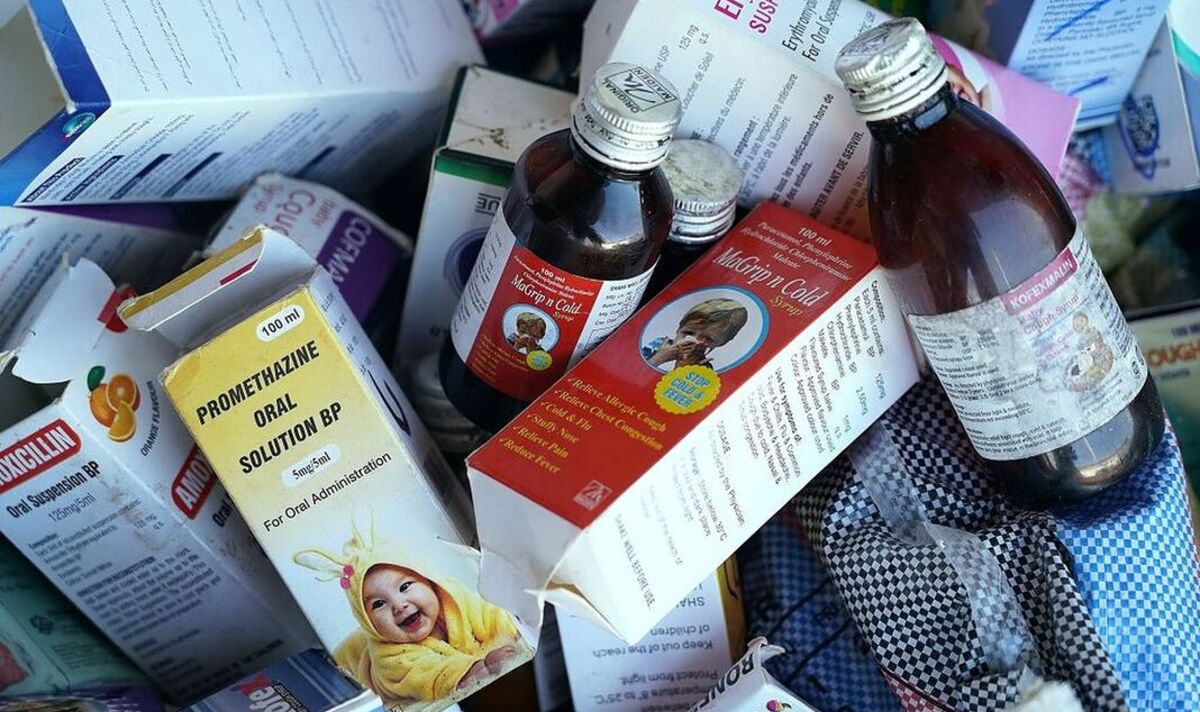The World Health Organisation has called for a “immediate and concerted action” to protect children from contaminated medicine after a number of child deaths were linked to cough syrups last year. In 2022 over 300 children, mostly under five, died of acute kidney injury in Gambia, Indonesia and Uzbekistan in deaths linked to contaminated medicine, the WHO said in a statement on Monday.
They said: “These contaminants are toxic chemicals used as industrial solvents and antifreeze agents that can be fatal even taken in small amounts, and should never be found in medicines.”
The medicines, over-the-counter cough syrups included high levels of diethylene glycol and ethylene glycol.
Speaking to Reuters on Monday, the WHO that the Philippines, Timor Leste, Senegal and Cambodia could also be affected as they may have the medicines on sale.
It has called for action in all its 194 member states in order to prevent future deaths.
They said: “Since these are not isolated incidents, WHO calls on various key stakeholders engaged in the medical supply chain to take immediate and coordinated action.”
In October the WHO sent specific product alerts and again earlier this month.
They asked for the medicines to be removed from the shelves specifically for cough syrups made by India’s Maiden Pharmaceuticals and Marion Biotech linked to the deaths in Gambia and Uzbekistan respectively.
Last year they also issued a warning for cough syrups made by four Indonesian manufacturers, PT Yarindo Farmatama, PT Universal Pharmaceutical, PT Konimex and PT AFI Pharma which were sold domestically.
READ MORE: Pro-Russian reporter screams ‘oh f***’ as she’s shot in Ukraine
Where necessary they are also expected to increase market surveillance and take action when needed.
The WHO also said that manufacturers should only buy ingredients from rom qualified suppliers.
Products need to be tested thoroughly with records kept of the process.
Suppliers and distributors also need to check for signs of falsification and only distribute medicines that are authorised, according to the WHO.
